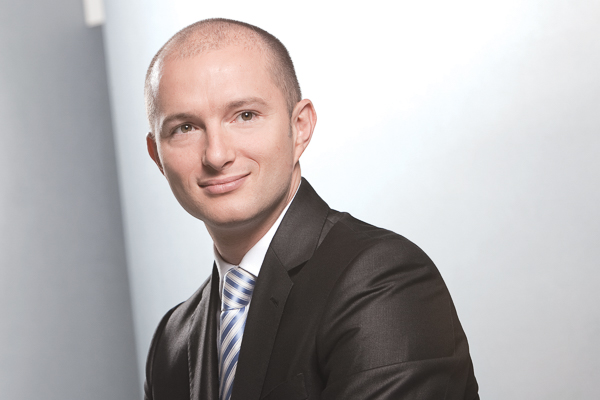
Millennials are famous for their refusal to play according to the rules of a system that they perceived as demanding their loyalty while offering nothing in return other than increased insecurity and ever falling wages. Instead they opted for something else. Some hopped their way up, across, and occasionally down, a career ladder that possibly resembled more of a snake for its flexibility and ability to deliver surprising twists. Others conducted their careers on even more precarious grounds and often even lower incomes, but at least independently and defined according to their own terms, demanding loyalty to no-one but themselves and sometimes a small cohort of partners with whom they choose to cooperate.
But it’s one thing to steer an unsteady boat through calm waters, and quite another to stay afloat when the waves start rising and across the world, there is a growing sense that the political, economic and social seas are beginning to roil. Milliennials are not immune, and according to the latest survey from Deloitte, they’re starting to wonder how sound their boats are.
You can maybe blame it on the memes, but 2016 was experienced by many as one of the most turbulent of their lives. Terror attacks in Europe, endless conflict in the Middle East, Brexit, and a divisive US presidential election have combined to rattle millennials’ confidence, and now they’re looking around for life jackets.
Deloitte surveyed almost 8,000 millennials across 30 countries for their sixth annual Milliennial Survey, which found that this group, renowned for their flexibility, adaptability and mobility, are finding safety by clinging to the things they know. The results of the survey indicated that they are less likely to leave their jobs, more concerned about uncertainty rising from conflict and not optimistic about the directions their countries are going.
This may be why more young professionals want to remain where they are, with fewer reporting that they plan to leave their company soon, compared to those planning to stay for more than five years. This year, 65% said they preferred full-time employment to freelance or contact work.
According to the survey, Millennials believe flexible working arrangements support greater productivity and employee engagement while enhancing their personal well-being, health, and happiness. Those in highly flexible organisations appear to be much more loyal to their employers and are two-and-a-half times more likely to believe that flexible working practices have a positive impact on financial performance than those in more restrictive organisations. But while 66% think flexibility improves their wellbeing, health and happiness, only 40% say their employers offer highly flexible working environments.
Beyond the immediate workspace, millennials’ loyalties are more global, with a broader concept of their relationship with the world and their impact upon it. In general, millennials said they intend to stay longer with employers that engage with social issues, such as education, unemployment, and healthcare. Those most optimistic about their countries’ progress are more likely to work for employers that are involved with wider social and economic issues.
More than half of millennials say they are provided with opportunities to contribute to worthwhile causes in their workplaces. “The survey’s findings suggest that those given such opportunities show a greater level of loyalty to their employers, which is consistent with the connection we saw last year between loyalty and a company’s sense of purpose,” explained Benjamin Collette, Partner and Talent Leader at Deloitte Luxembourg. “We are also seeing that purpose has benefits beyond retention. Those who have a chance to contribute are less pessimistic about their countries’ general social and political situations, and have a more positive opinion of business behaviour.”
Millennials’ attitudes on business overall continue to improve. For the third year in a row, more respondents believe businesses behave ethically and that their leaders are committed to improving society. Moreover, fewer feel businesses are purely profit-driven and prioritise their agendas with little regard for society.
76% of millennial regard business as a force for positive social impact, while 62% thought business leaders to have shown a commitment to helping society improve. In relational to multinationals, the perceptions were less positive. While 74% thought multinationals had the power to solve the challenges that concern them, only 59% believed they are actually doing so.
View the executive report of the 2017 Millennial survey here: www.deloitte.com/lu/millenialsurvey.
Image: Benjamin Collette, Partner and Talent Leader at Deloitte Luxembourg. Photo supplied








